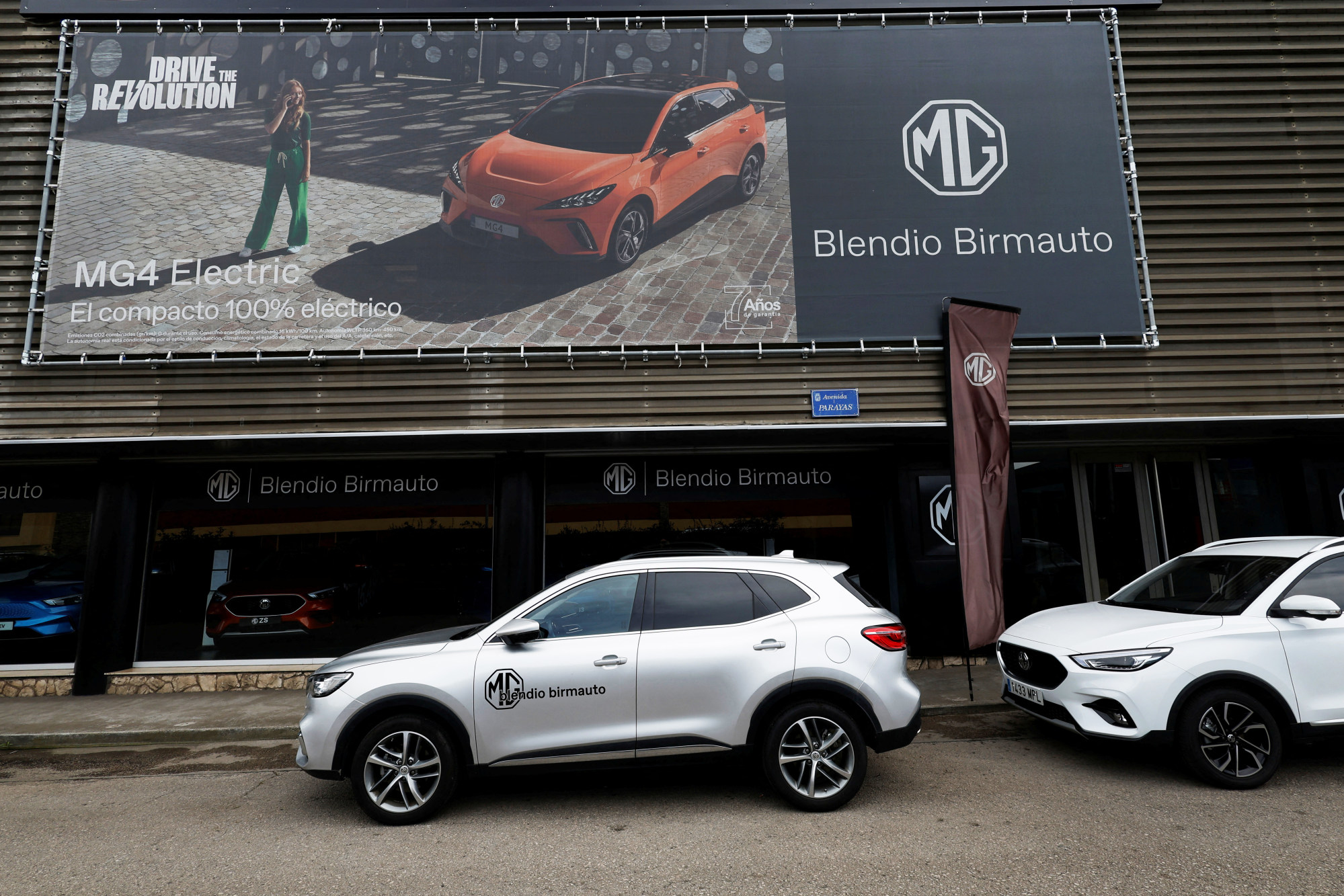Contrary to the European Commission’s stance, major European automotive leaders have openly criticised the tariffs. Ola Kallenius, CEO of Mercedes-Benz, has argued for reducing tariffs and increased competition to produce better vehicles. BMW CEO Oliver Zipse has suggested tariffs will harm European competitiveness.
Their concerns are not without merit. Importers will bear additional costs, with an estimated US$1 billion expense for every 10 per cent tariff increase, based on 2023 trade data. This extra financial burden comes at a difficult time for a sector that is already grappling with declining demand.
Reducing Chinese EV imports could undermine the bloc’s timeline to ban the sale of gasoline and diesel vehicles by 2035, given that European production alone may not be sufficient to meet the growing demand for EVs. With its more efficient and cost-effective production capabilities, China is crucial for the EU’s transition to greener transportation.
Notably, Europe is a leading destination for Chinese EV exports. According to Rhodium Group, the value of EU imports of EVs from China has surged from US$1.6 billion in 2020 to US$11.5 billion in 2023, accounting for 37 per cent of all EV imports in the bloc.

Another critical concern is the potential for a retaliatory trade war with China. The China Chamber of Commerce to the EU has already hinted at a possible rise in tariffs on EU vehicle imports to 25 per cent from their current level of 15 per cent.
Considering that China passed a law in April to strengthen its ability to retaliate, the consequences of a full-blown trade war cannot be overstated. In an interconnected global economy, the repercussions of such conflicts extend beyond the immediate industries involved, potentially impacting broader economic stability.
The European Commission’s investigation will continue until late October. Definitive tariffs will take effect in November unless a qualified majority of EU states votes against the decision. This allows time for a potential agreement to be reached between Brussels and Beijing, which could be beneficial for both sides.
A more practical approach would involve Beijing not playing into Washington’s hands. This means not allowing the US to pit Europe against China by limiting justified yet reputationally damaging threats of retaliation. Meanwhile, Brussels would be wise to show strategic autonomy and avoid damaging a vital source of prosperity. On both sides, cooler heads need to prevail.
Adriel Kasonta is a London-based political risk consultant and lawyer


.jpg?itok=Qexy_wA0)